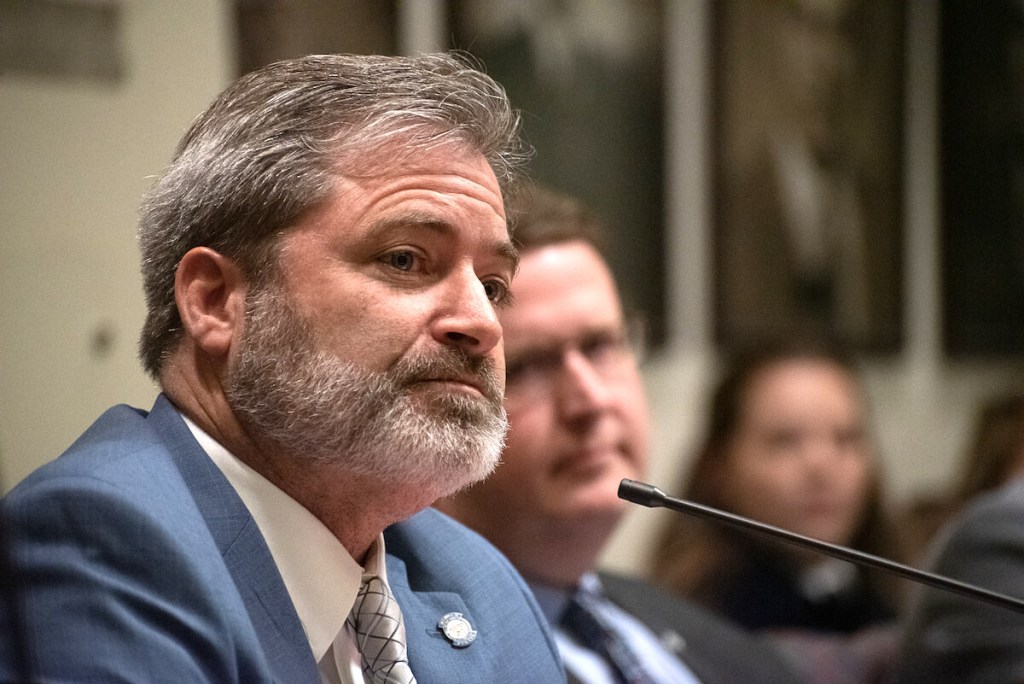Just three months into the new year, over 230 bills have been introduced by lawmakers around the country to limit the rights of LGBTQ+ Americans. These proposed laws mainly focus on schools, ranging from barring conversations about sexual orientation and gender identity in classrooms, banning books on the aforementioned topics, prosecuting medical professionals providing gender-affirming healthcare and excluding transgender youth from school sports. Nearly half target transgender youth specifically.
Since 2018, there has been an exponential rise in anti-LGBTQ+ sentiment in state legislatures. According to an analysis by NBC News, nearly 670 bills have been filed in the last four years. 2022’s unprecedented wave follows what the Human Rights Campaign, the largest LGBTQ+ advocacy and lobbying organization in the United States, called the “worst year in recent history for LGBTQ state legislative attacks,” when 191 bills were proposed and 17 signed into law in 2021.
Governors, attorney generals and public officials alike are considering taking it further. Here’s VALLEY’s breakdown of some of the most recent measures taken by states.
Florida

The Parental Rights in Education bill, nicknamed the “Don’t Say Gay” bill by activists, passed in both Florida’s Senate and House in early March. It awaits the signature of Republican Gov. Ron DeSantis, who signaled support for the legislation.
The controversial bill prohibits discussions and curricula about sexual orientation and gender identity in the state’s primary schools. It restricts such instruction for children in kindergarten through grade three, specifically “in a manner that is not age appropriate or developmentally appropriate for students.” Parents are also able to sue teachers and schools for speaking of these topics.
Supporters of the bill argue the legislation is protecting children, parental rights and upholds religious freedom. LGBTQ+ activists believe that it’s discriminatory, harmful and the bill’s vague language will further prevent representation and inclusion in the education system. They also say it will exacerbate the taboo associated with the community, thus making it harder for queer youth to feel safe in school. Proponents of “Don’t Say Gay” say those conversations should stay at home.

Students have organized walkouts and protested the measure at the state capitol in Tallahassee, Fl. President Biden denounced the bill as “hateful.” Versions of the legislation have since been seen in Indiana, Kansas, Oklahoma and Tennessee.
Oklahoma

In Dec. 2021, Republican state senator Rob Standridge introduced legislation — in the form of two bills — granting parents authorization to ban books in Oklahoma public schools.
One of the proposals bars school libraries from shelving books regarding gender identity, sexual activity, sexual orientation, “or books that are of a sexual nature that a reasonable parent or legal guardian would want to know of or approve of prior to their child being exposed to it.” In Standridge’s words, this is an effort to “address indoctrination in Oklahoma schools.”
Parents who believe a book violates the bill’s parameters can demand it be taken down within 30 days. If the school fails to do so, the parent will be granted “monetary damages” of $10,000 each day the book remains on display.
Standridge’s second bill proposes prohibiting the state’s public universities from requiring students to enroll in courses “addressing any form of gender, sexual, or racial diversity, equality, or inclusion” outside of their core requirements beginning in the next academic year. These measures come after Republican Gov. Kevin Stitt signed a ban into law prohibiting mandatory diversity training for public university students in May 2021.
Texas

Republican Gov. Greg Abbott signed an executive order in Feb. 2022 requiring teachers and healthcare professionals to report parents who seek gender-affirming care to help align their child’s body to their gender identity to child protective services. Abbott equated the treatment, which is backed by medical organizations such as the American Medical Association, to child abuse, and called for investigations of parents of transgender youth.
The Texas Department of Family and Protective Services (DFPS) has yet to investigate any families. A district court blocked their first attempt as a judge granted the American Civil Liberties Union’s (ACLU) temporary restraining order on behalf of the parents of a transgender girl. It’s unclear if Abbott’s provisions will be put into effect as it remains heavily challenged in the state’s court system.
Iowa

In early March, Republican Gov. Kim Reynolds signed into law HF 2416: a bill barring transgender women and girls from partaking in women’s school athletics. It applies to all public schools, including higher education. “Only female students, based on their sex, may participate in any team, sport, or athletic event designated as being for females, women, or girls,” states the bill — “based on their sex” meaning the sex defined on the student’s birth certificate.
The reasoning behind the legislation, Reynolds argues, is it being “a fairness issue.” She says transgender women have physical advantages over cisgender women. A 2017 systematic review of literature authored by the journal Sports Medicine debunks her claim.
Moving forward
If you would like to take action or express your allyship, VALLEY suggests looking into LGBTQ+ non-profits such as GLAAD, GLSEN, The Trevor Project or the Human Rights Campaign Foundation as a place to start. More organizations can be found here.
The Equality Act ensures the protection of the LGBTQ+ community by defining “sex, sexual, orientation and gender identity among the prohibited categories of discrimination or segregation.” It passed in the United States House of Representatives in March 2021 and currently resides in the Senate. If signed into law, the civil rights of LGBTQ+ individuals would be expanded and protected across all 50 states. You can find and reach out to your senators here.





















3 Comments